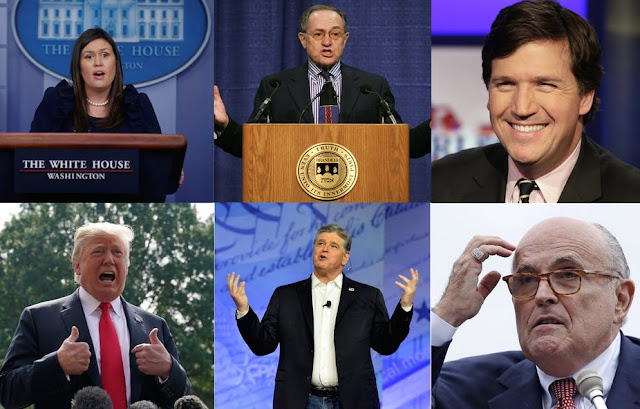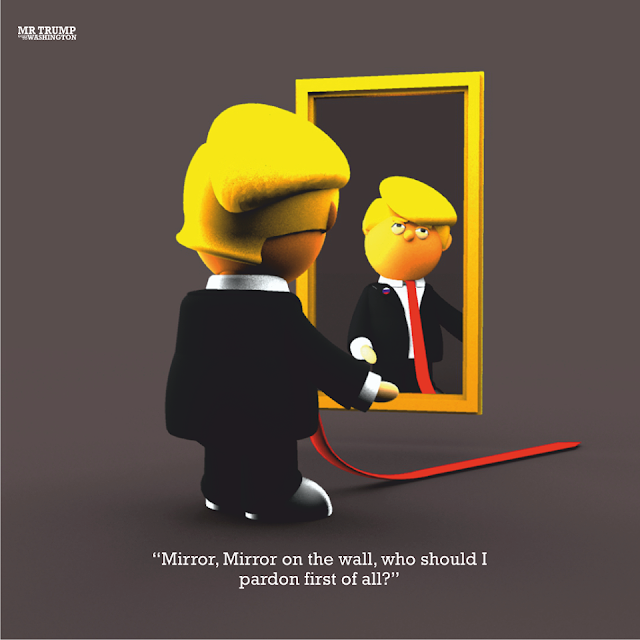 |
| New book by Internationally Known Islamophobia expert tackles tough issues and urges readers to assume the best of our Muslim neighbors |
We live in a time when it is almost impossible to stay informed on every issue in the news. It takes willingness and effort to go beyond the surface and biased sound bites. Todd H. Green's new book, Presumed Guilty: Why We Shouldn't Ask Muslims to Condemn Terrorism (Fortress Press 2018), serves as both a primer and an invitation for self-reflection.
A 2001 to 2007 Gallup Poll revealed that 93 percent of the world's Muslim population believed the 9/11 attacks unjustified. Another study from the Muslim Public Affairs Council found that one in three al-Qaeda terrorist plots between 9/11 and 2011 were disrupted with the aid of Muslim Americans.
Muslims speak out against terrorism all the time. Yet, a disheartening pattern has emerged in the West whenever acts of terror occur. Almost immediately, public figures ask the same question: "Why don't Muslims speak out against terrorism?" The implication—Muslims don't speak out—is obvious.
According to Green, it really isn't a question but a condemnation, because it "wrongly assumes Islam is the driving force behind terrorism." Moreover, he says this assumption diverts our attention from unjust Western violence, preventing us from confronting our own troubling history.
Green, a religious studies professor and former advisor to the US State Department under both the Trump and Obama administrations, debunks other myths, showing how ISIS actually targets Muslims more than any other group and why politics matter more than religion in driving terrorism.
Ultimately, Green argues, "It's time to end the distractions and to spend more energy on coming to terms with unjust Western violence." Only then can we honestly assess the causes of violence, stop relying on damaging stereotypes, and begin to ask better questions of our Muslim neighbors.
More About "Presumed Guilty: Why We Shouldn't Ask Muslims to Condemn Terrorism":
(Via Fortress Press)
All of us should condemn terrorism–whether the perpetrators are Muslim extremists, white supremacists, Marxist revolutionaries, or our own government. But it's time for us to stop asking Muslims to condemn terrorism under the assumption they are guilty of harboring terrorist sympathies or promoting violence until they prove otherwise. Renowned expert on Islamophobia Todd Green shows us how this line of questioning is riddled with false assumptions that say much more about "us" than "them."
Green offers three compelling reasons why we should stop asking Muslims to condemn terrorism:
1) The question wrongly assumes Islam is the driving force behind terrorism.
2) The question ignores the many ways Muslims already condemn terrorism.
3) The question diverts attention from unjust Western violence.
This book is an invitation for self-examination when it comes to the questions we ask of Muslims and ourselves about violence. It will open the door to asking better questions of our Muslim neighbors, questions based not on the presumption of guilt but on the promise of friendship.
⏩ Download the free Discussion Guide
About The Author:
Todd H. Green teaches at Luther College in Decorah, Iowa.
He is a sought-after speaker, giving lectures on college campuses and to the FBI and the Department of Homeland Security. Green's work has appeared in the Huffington Post, and his expertise has been cited by the Council on Foreign Relations, the Center for American Progress, the NAACP, and the Southern Poverty Law Center. He has been interviewed by CNN, NPR, and Al Jazeera.
He is the author of The Fear of Islam.
SOURCE: Fortress Press




























